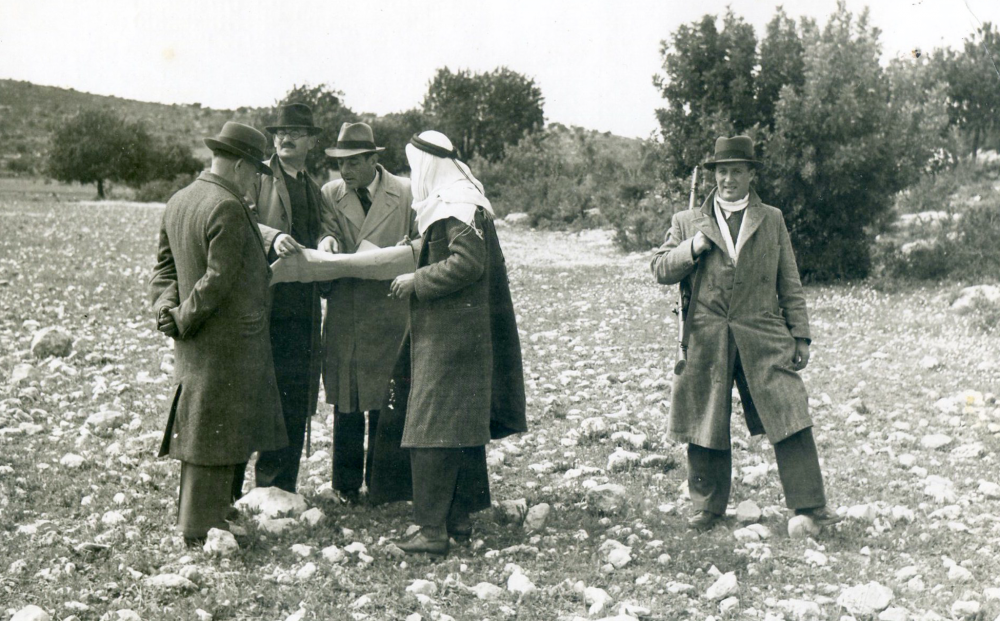BLUE BOX
Must End Thursday, September 7
12:20 2:20 4:10 6:10 8:10
DIRECTED BY MICHAL WEITS
Israel’s complicated, controversial history as perceived by a filmmaker whose great-grandfather, Joseph Weitz (“the Father of Israel’s Forests”), purchased Arab lands pre-WWII from absentee landlords with funds collected from the Jewish diaspora in a slotted “little blue box.” Quarters and nickels turned a “land without a people” into a verdant home for a “people without a land” — or so the story went. But Weitz is remembered more darkly as “The Architect of Transfer,” a man whose 5,000 pages of diary entries reveal his profound moral qualms about displacing Arab families from farms and homes they inhabited for generations. Michal Weits blends archival footage of pioneering Israelis with edgy contemporary interviews with family members who prefer the myth of a benevolent ancestor to the disturbing reality of decades of Arab displacement that define Israel today.
Presented with support from the Joan S. Constantiner Fund for Jewish and Holocaust Films and Richard Brick, Geri Ashur, and Sara Bershtel Fund for Social Justice Documentaries
2021 82 MIN. ISRAEL / CANADA / BELGIUM CINEPHIL
IN HEBREW WITH ENGLISH SUBTITLES
Reviews
“Extraordinarily compelling. A brave, authoritatively documented account… This multi-layered documentary will inspire much debate. Painstakingly researched archival footage and photos illustrate the excerpts from Weitz’s diaries.”
– Alissa Simon, Variety
“Interrogates a family’s history — and Israel’s history — through an inspired personal approach. Weits’ film beautifully edits together poignant archival footage of Israel’s early history with voice-over excerpts from Weitz’ diaries… The inspired conceit here is to use the family story to personalize the argument about competing visions of Israeli history, and the way collective pride obscures episodes of shame and error.”
– Liam Lacey, POV Magazine
“Visually structured around a patchwork of beautiful, often moving, archival films stretched over a framework of family interviews… Weitz wrote convincingly — even poetically — about the costs of his actions. He knew that what he was doing might be necessary for the state’s survival but was certainly not convinced his actions were justifiable. For (the filmmaker) the mission is truth-telling.”
– Dan Friedman, Forward

